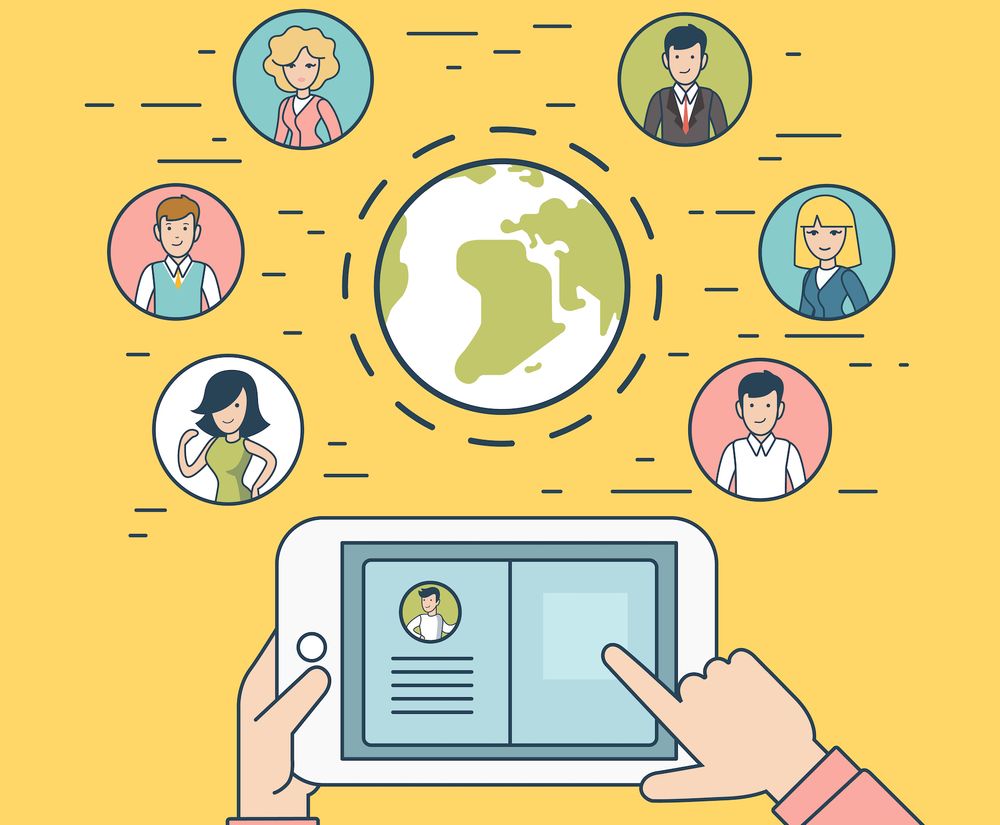What exactly is user-generated content? + Examples |
What was the process that helped Meta develop a platform that makes $44 for each user? How can LinkedIn earn $8 billion charging everybody from recruiters to premium members to employers?
Take a look at the billion-dollar social media companies and you'll notice that their value is directly dependent on their customers. User-generated content is the secret behind these giants. But it's also the thing that powers forums online, brand communities Discord servers, Medium as well as the comment section of a blog-if it's still something called. In addition, as a social platform, we're in a front-row seat to how UGC makes for thriving communities-many of which turn into 6- or even 8-figure businesses as well.
In this post, we'll talk about:
- What content created by users is.
- Why it's so important (with pros and cons).
- Examples of UGC.
- How to get UGC for your company or brand. your business.
What is User-Generated Content (UGC)?
User-generated content refers to any type of content which is created by people who use the platform, not its creators, whether the content is video, text images, texts, or else. The majority of social media platforms depend on user-generated content, but also many other online sites, such as websites, online forums, and online communities. A lot of these platforms operate on a business model that is where the platform hosts a program, and users contribute the information.
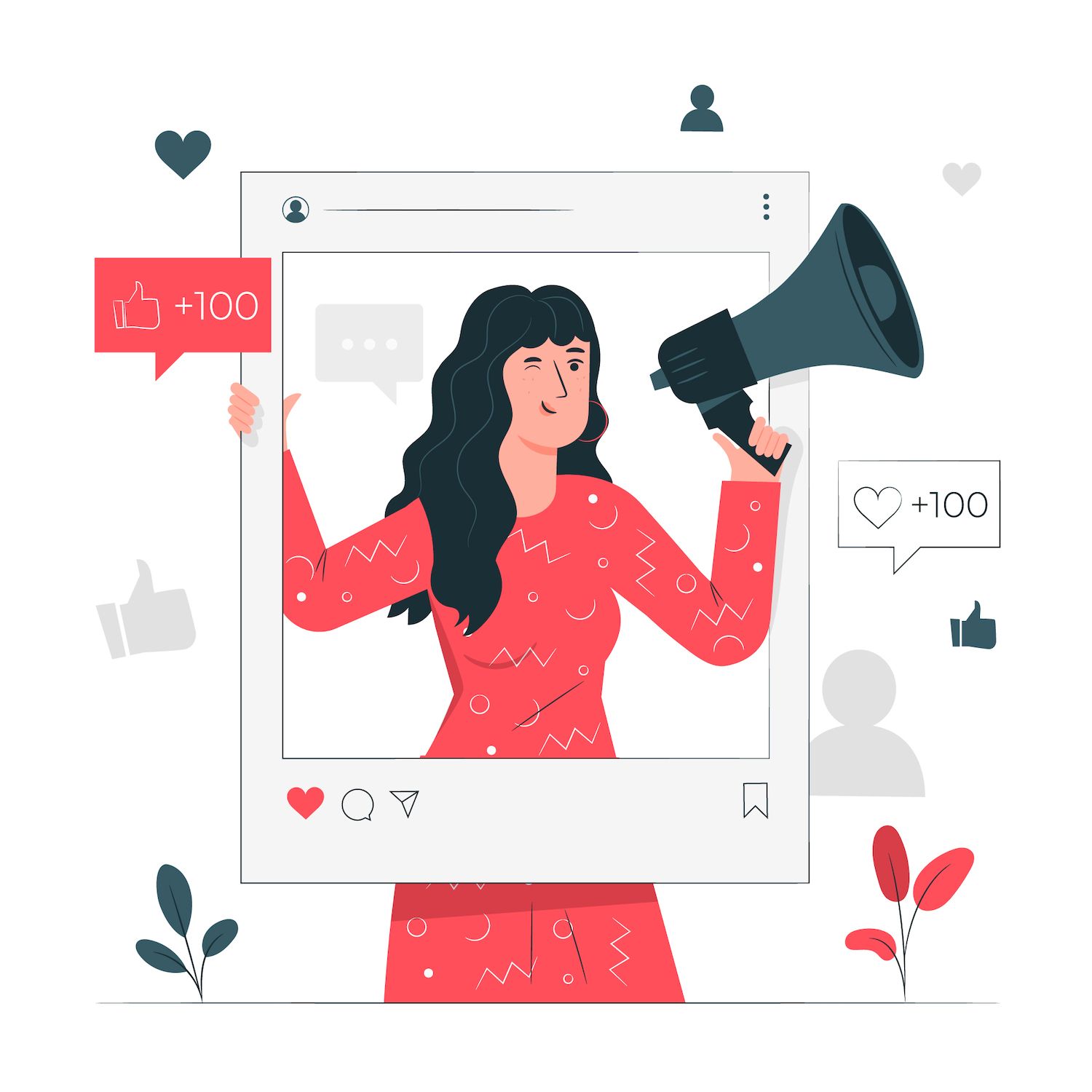
Even if you're not the major social media player You can still utilize UGC for your advantage. For example, most users are thriving due to user-generated content as people come together to build a community, master something that interests them as well as engage in great conversations.

What is HTML0? UGC helps businesses
Do you remember the application Clubhouse? The app was pitched as an exclusive software for listening to music, it was valued at a whopping $4 billion in 2021. It was not open to the public (you required an invitation) as well as featured regular appearances by big stars like Oprah Winfrey, Elon Musk, and Kevin Hart, and it became a massive success.
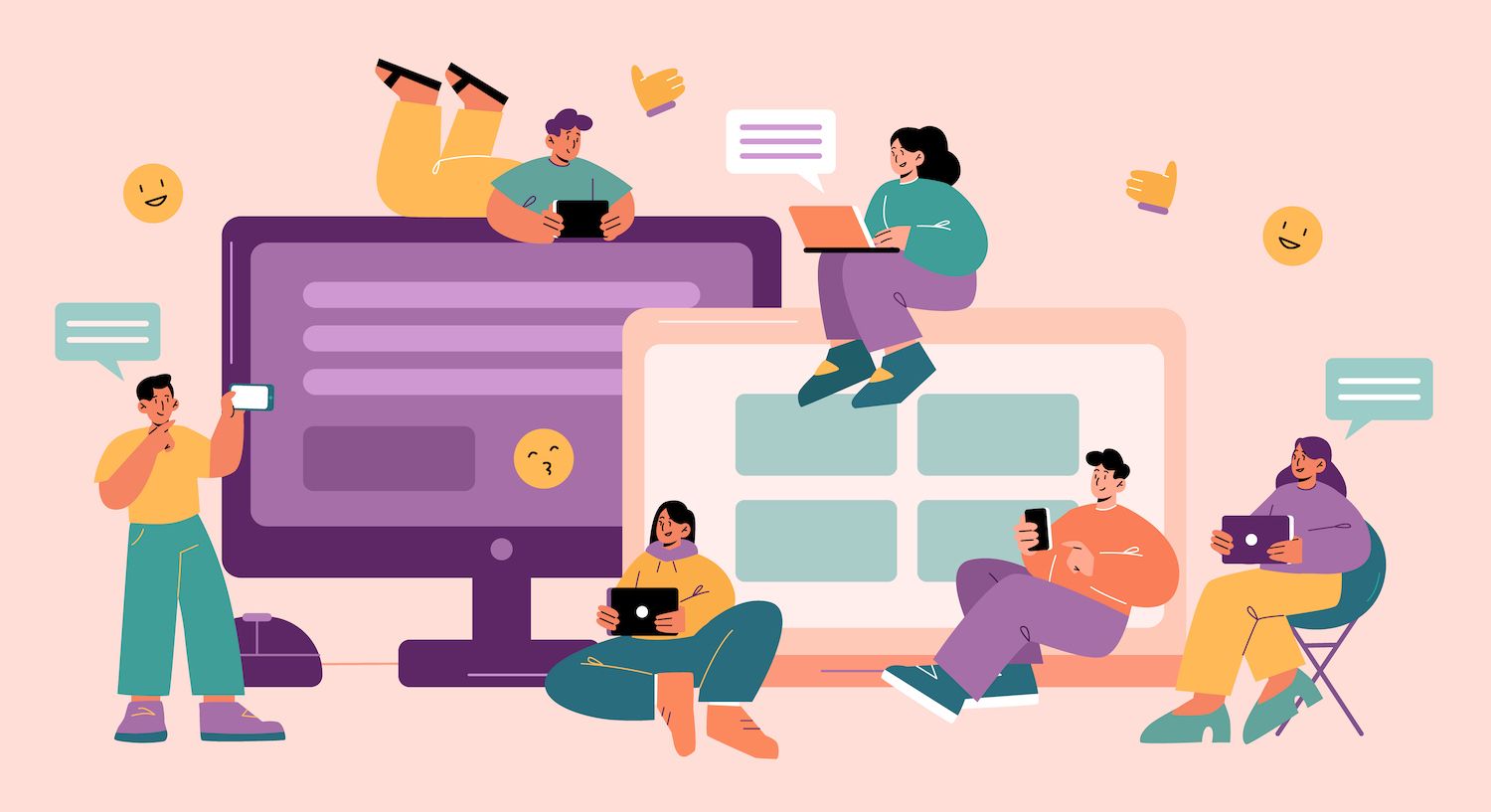
However, as the restrictions on pandemics were lifted, Clubhouse had a tough retention issue, and recently laid off a round of employees. And Clubhouse's active users have decreased for the past few years now-about 10 million each week. By comparison, Pinterest is home to 482 million people per month.
The threads platform is a second fascinating case. It hit 100 million users in just 4 days! However, in the next 220 days, it just added 60 million. It seems the growth has mostly plateaued-although Meta does not make its data public anymore.
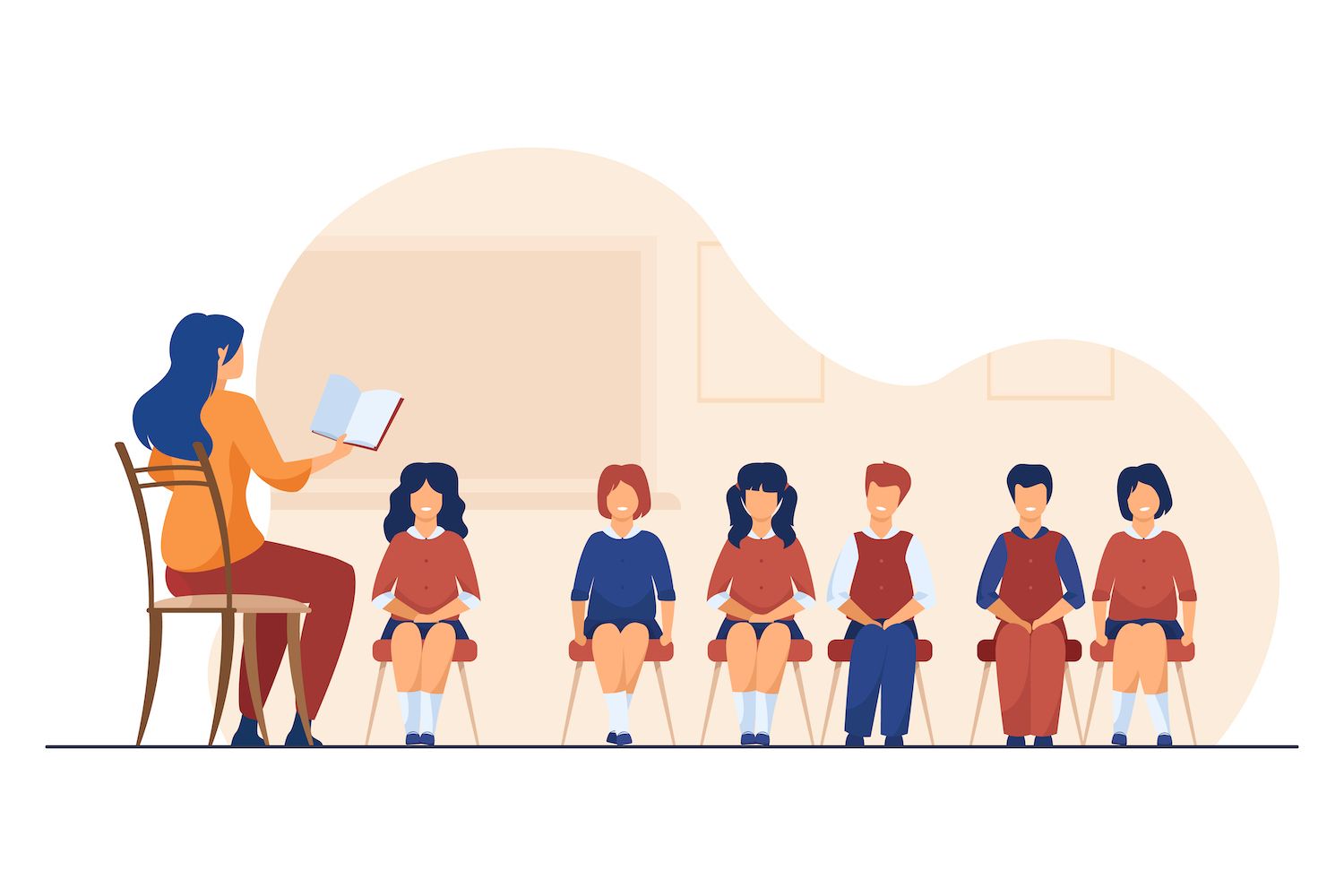
Source: Statista
160 million users on Threads isn't anything to laugh at. Its rival X (Twitter) has over 600 million monthly users.
The viability or otherwise of these platforms, as well as the billion-dollar valuations, hang upon two aspects: 1. Do people show up? 2. Do they create content? The rest is irrelevant.
We see that in membership communities too. We found that we can model with 93% accuracy whether an online community will thrive or fail. Two factors are important: 1. Do people sign up? 2. Do they have a relationship with a person? This data is so potent that we've been diving into developing a software system that can do more than host UGC, but also helps members meet one another.

The foundation for all this is the social in an online social network. Social network theory sees the social network as the basis of human community. What makes Facebook an one of the most powerful platforms with over 3 billion users? Perhaps it's due to the fact that Facebook is actually built on the social network that is in person. It's possible to be angry with an acquaintance on Twitter and decide to delete the account. If Facebook is the place you communicate with your mom or grandma or sell items from your garage, chances are you'll at least have it around.
To allow UGC to actually build an enterprise, it shouldn't just be about throwing content into the void. Making endless AI social media content isn't going to build your business.
That's the reason, for communities and social networks and blog comments and Reddit, the real benefit of these platforms is the involvement.
UGC is the term used to describe engagement. People who write content. People who read the content. If you don't possess UGC then you aren't getting an engagement.

user-generated content has benefits and drawbacks
User-generated content offers a variety of advantages for those who own or host platforms.
The scale: Making users active can scale content creation much faster and further than could be accomplished by a private site or company. The major social media platforms create very little or no content. As an example, YouTube estimates that around 500 hours of content are being uploaded every minute! The company cannot do this, not even using AI.
Conversations with users that are directed by the user: There are all sorts of weird and wonderful items that people like to discuss online. UGC lets users create discussions and posts they're passionate about.
Diverse viewpoints: UGC gives people voices-especially people who might not typically be heard in media. Anyone is able to contribute. Anyone can give their perspective.
The network effect The network effect is the name for the way that communities and platforms grow more valuable with each new member they get.
Improved customer experience for a company or brand, user-generated content can be used to improve the customers' experience as well as customer service. For instance, Apple's customer community includes people who answer questions in their own way.
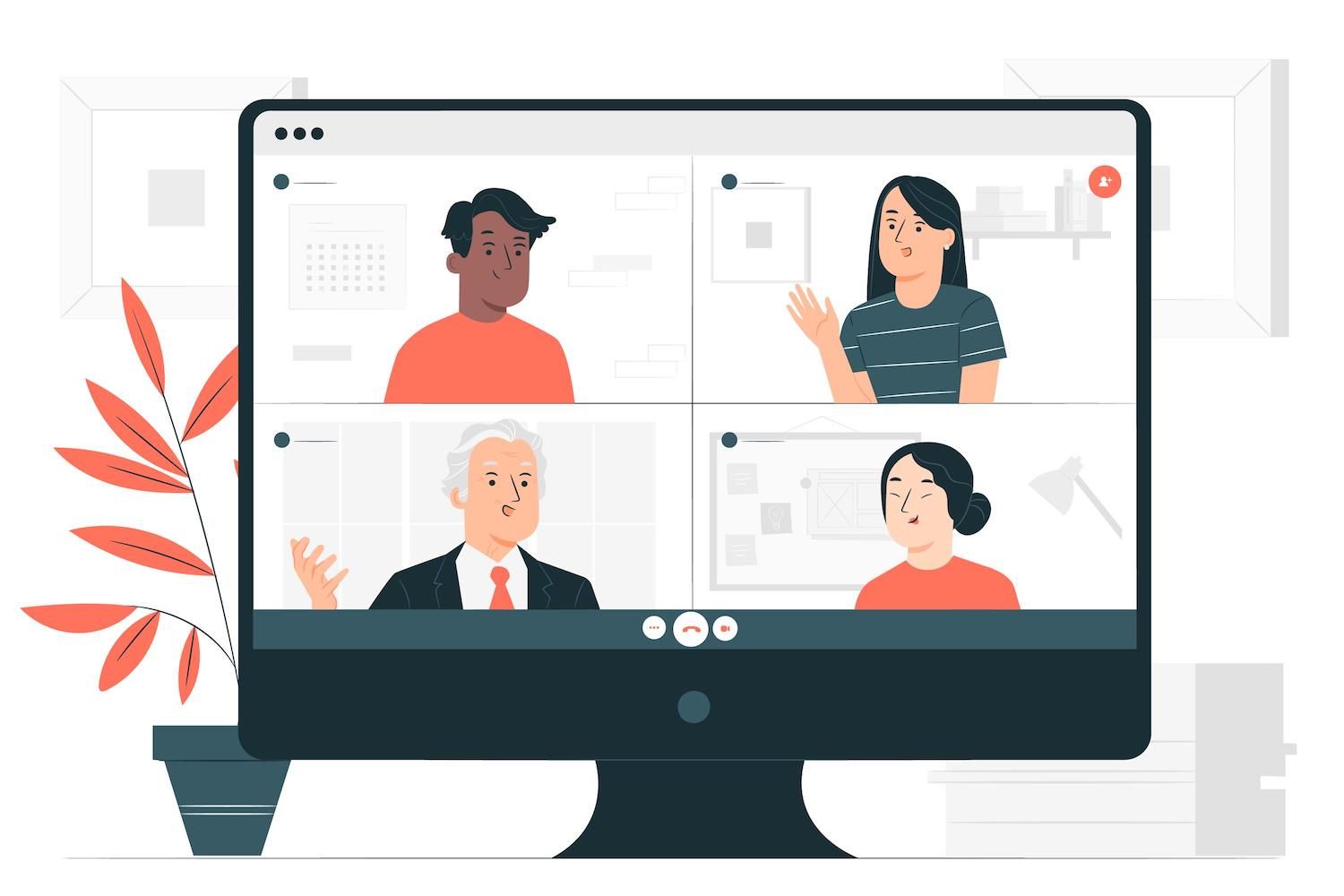
But there can negatives associated with content created by users also:
- False & mis-information: With no gatekeepers UGC means anyone can create everything. In addition, with 55% of Americans believing that the spread of misinformation is an issue that must be tackled, UGC can be a component of the problem.
- Intimidation and bullying: UGC by content creators and those who respond (e.g. through comments) can mean intimidation and the use of bullying or is targeted at a particular group or person.
- Moderation: Moderation for the community host and social media companies alike, moderation has become a vital component for hosting UGC.
But don't be discouraged by this from permitting users to create content. Many of these negative impacts are mitigated by good community moderation and guidelines. Giving users a way to help with moderation goes a long way too (e.g. the "report the comment" button). ).
When people invest their hours and efforts into a space, most of them would like it to be enjoyable. Most of them are happy to help by limiting their consumption.
The benefits of content created by users
- Scale content creation fast
- Bring in many voices and points viewpoints
- Expand organic reach and conversations
- UGC could bring new customers to your site (e.g. in the event that it's distributed) and can help you grow your user base.
Cons of content created by users
- Higher risk of incorrect or misleading information
- Intimidation as well as bullying
- Moderation is needed
Examples of content created by users
The Mighty Network
A Mighty Network is a social platform for Hosts that provides them with the ability to connect communities to change the lives of people. Members are able to participate in discussions, live classes, events as well as livestreams and other events. Communities that thrive have high participation from members. (See some of the examples here ).
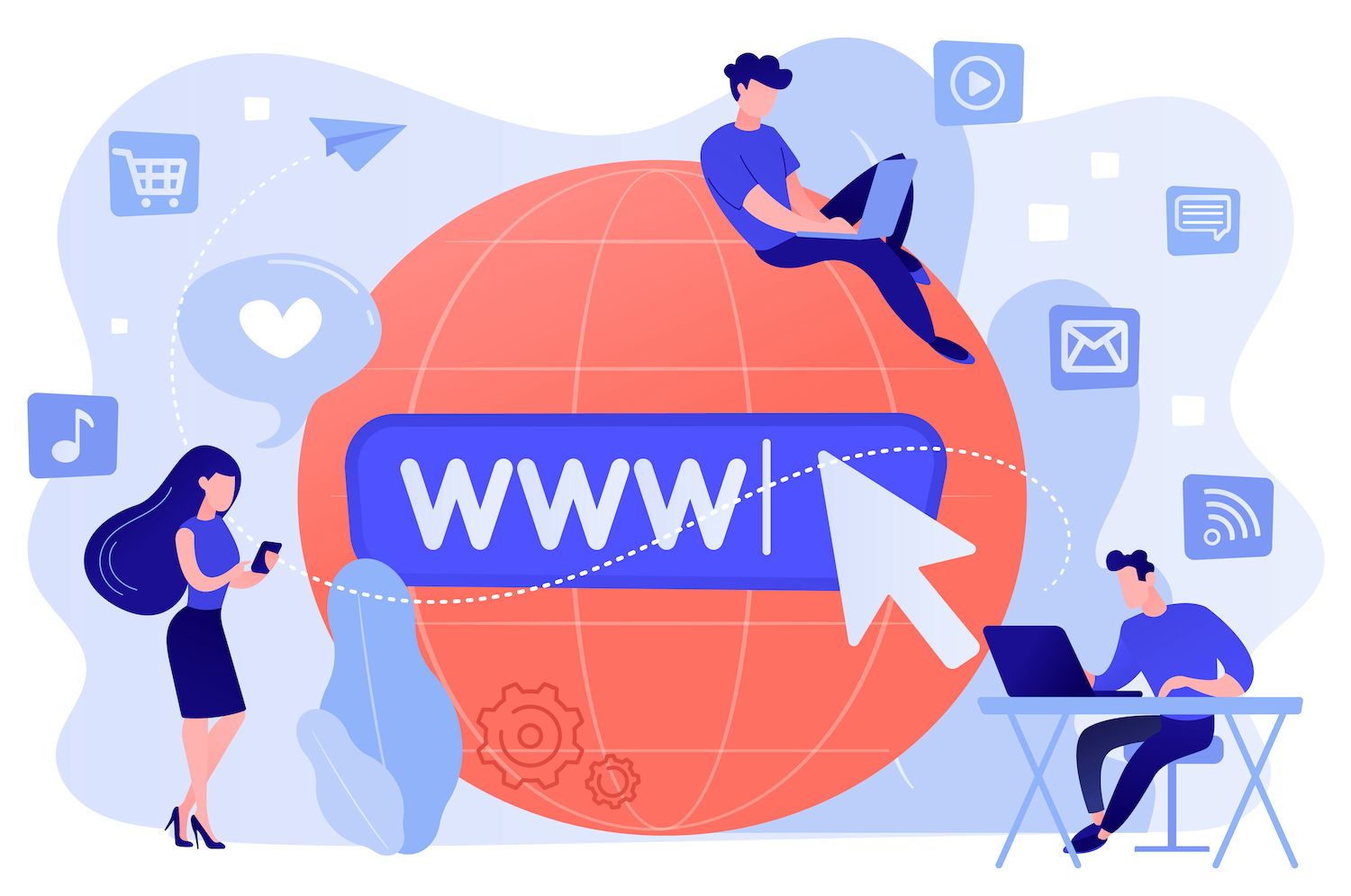
In 2010, the app for sharing photos was launched in the hope of letting users share pictures with filters. It quickly grew in popularity, and has since expanded to add more features such as Reels and boasts more than 2 billion people.

YouTube
As we said, there's 30,000 hours of fresh content uploaded to YouTube each hour. It would take you over 1900 years to view the latest video uploads. YouTube is the biggest with regards to UGC. And with 30 % of children calling YouTuber their "dream work," YouTube has made a mark in our collective imagination. Whether they can monetize and make money with views or it's not possible, YouTube is a juggernaut to UGC.

Blog Comments
This isn't as prevalent these days, but starting a blog and getting blog comments was once the OG of content created by users. You can still see this happening on a few blogs and, more specifically, on blogs like Medium. Certain news sites on the internet do this too.
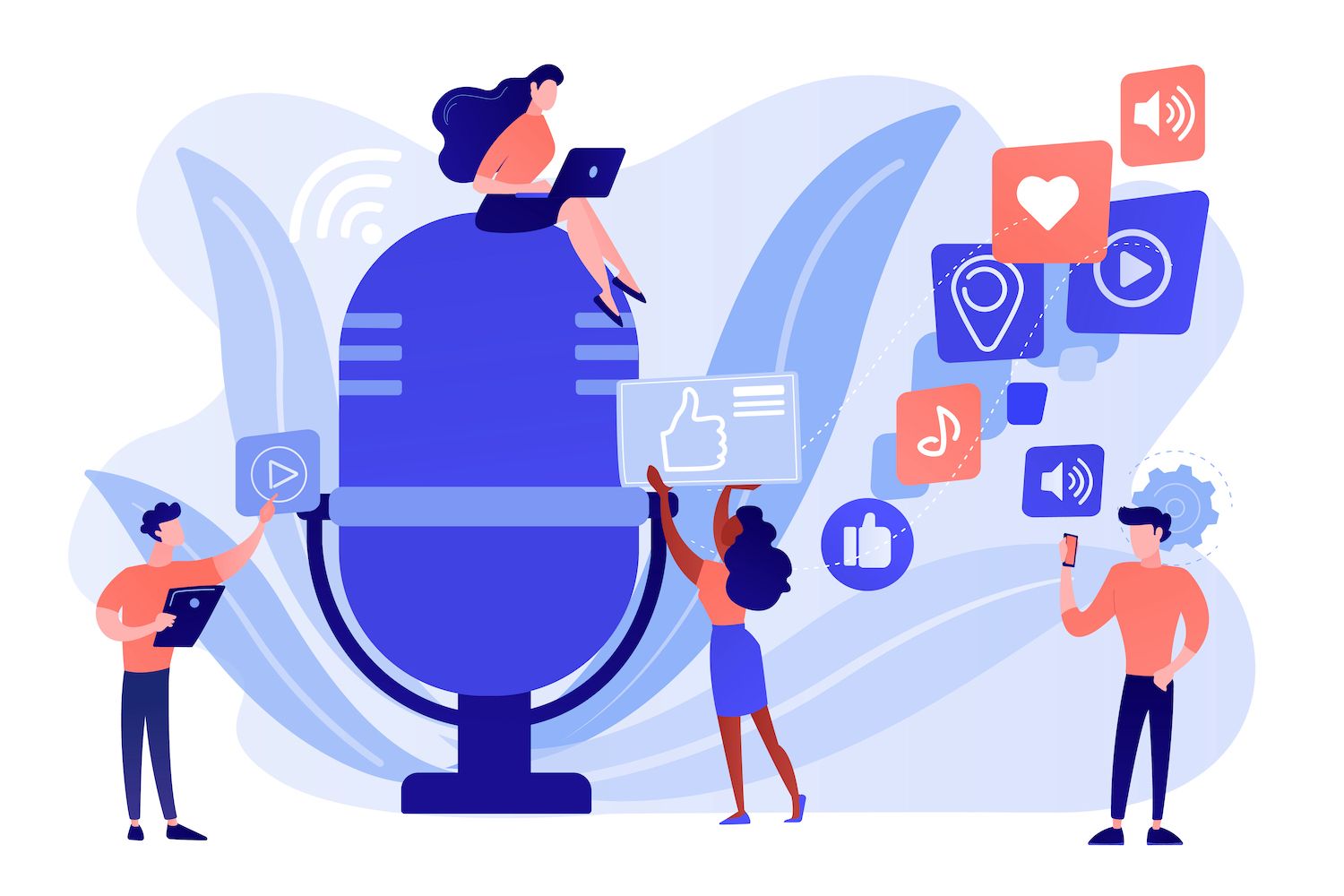
Local Reviews
We've been talking about social media however, reviews of restaurants or attractions. on Google or Yelp can be a fantastic illustration of UGC.

Review of the Product Reviews
As with local reviews where you can read reviews about products before purchasing a product on Amazon or any other online retailer .
Forums
If you've spent any time at all in online communities like Reddit or Quora, you'll know that there are a lot of users who hang out in those areas, creating the material that keeps these websites running. Reddit will have 53 million users by 2025.

Tips to unlock UGC
1. Create amazing content
The first and most important thing is that UGC will most likely be derived from quality content. There are a myriad of software tools available to help you produce a lot of material. In terms of technology, you can endlessly produce AI text, and then share the content.
But great content stands out and starts conversations. When the content is genuine the readers engage in discussion or even create.

2. Create niche spaces
Imagine who has control over algorithmic processes. Hootsuite reports that the average participation rate of an Facebook Page post is 0.07%. What kind of UGC is thriving in a social media environment where it doesn't get seen? Who wants to create content nobody sees?

The answer is to create space that is not algorithmic for individuals to share and create. Email. Online communities. Chat rooms. Apps. Spaces must be created that don't have an algorithm to unlock UGC.

3. Memorable social media campaigns
While algorithms are fickle, UGC is still possible by using social media in campaigns. Select the platform you prefer, and make content that's engaging. Also, you can find innovative ways to engage people. Adding in a competition or reward for contributions can increase engagement!

4. Reviews
One of the most important forms of UGC for a brand is reviews, testimonials and other feedback that is positive (negative feedback is also valuable and in a unique manner.) It is important to obtain UGC for review sites if there is a product you sell, or local reviews if you're using Google is essential as more and more people depend on reviews to make purchases. And if you use testimonials on your site, UGC can be really valuable here too.
When it comes to getting UGC feedback, don't forget to inquire. Simple prompts to encourage users to write reviews or rating can make a an enormous difference in the amount of activity.
5. Contribution to Gamify
If you're looking for and require UGC gaming, then gamifying the entire process can make a difference. As an example, Apple's brand support team is heavily influenced by its users which includes a large number of volunteer willing to assist users with their questions. They've made it a game through achievement points and an exclusive community for best contributors. Adding in gamification or rewards will encourage content creation.
Conclusion
In the end of the day UGC is a powerful tool. A lot of the world's biggest brands have used UGC to propel them to multi-billion dollar valuations. But whether it's billions of individuals creating content, or an entire community of people sharing the things that inspire them, UGC taps into human creativeness in a way which is amazing.
You can now read: 11 types of online communities that are thriving
